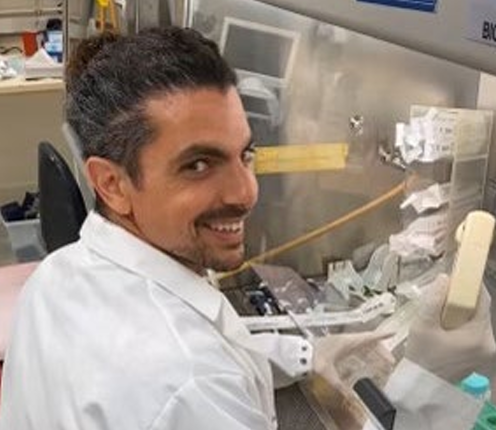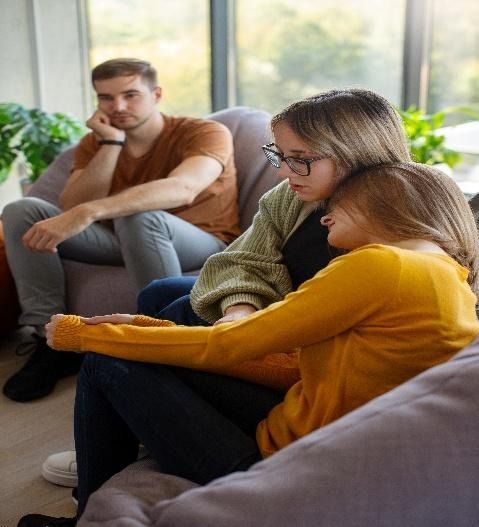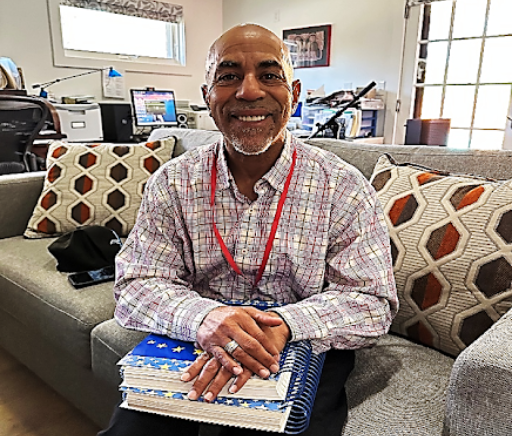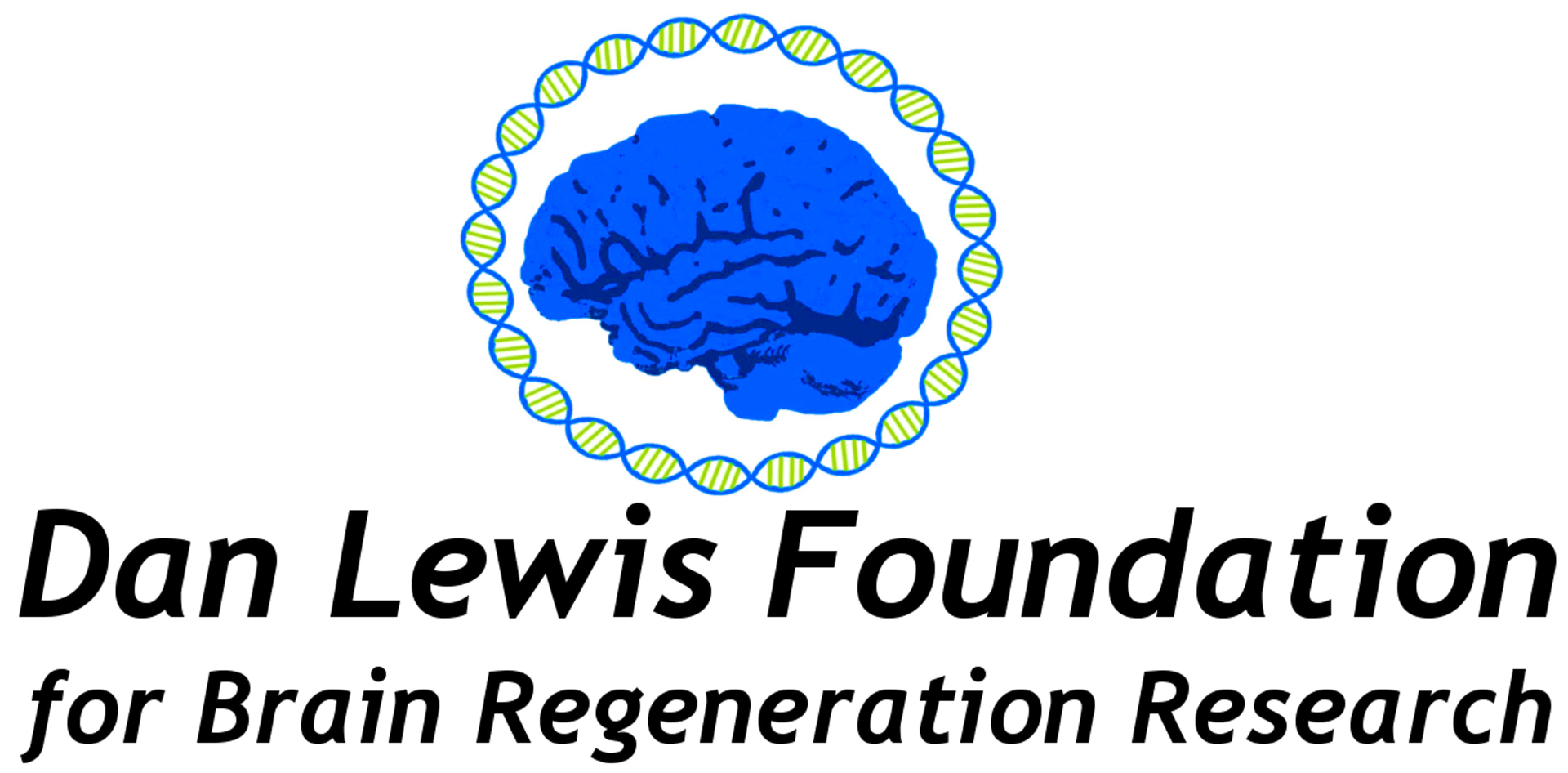
The Dan Lewis Foundation for Brain Regeneration Research (the DLF) is happy to announce the 2024 DLF Prize. This $20,000 prize will be awarded to an early career scientist in neuroscience, pharmacology, or biotechnology whose research record and future research plans align closely with one or more of the DLF’s current research priorities. These research priorities are:
- Research into pharmacological methods of reactivating or augmenting synaptogenesis
- Research into trials of repleting damaged cortex using derived cortical neurons
- Research into transcriptomic profiles of cortical neurons during the recovery phase post brain injury
- Research furthering the effective design of antisense oligonucleotides and/or other small molecule medicines to down-regulate inhibitors of regeneration in the cortex and spinal cord.
The successful applicant must be an early career scientist in neuroscience, molecular biology, pharmacology, or biotechnology. The “early career scientist” should be within 2-5 years post-completion of their doctoral degree. Full consideration is given to those scientists working in an academic setting (university or non-profit) or commercial setting (e.g., pharmaceutical or biotech company). The application is due March 31, 2024. Full details are available online through the linked application portal below. The winner of the DLF Prize 2024 will be notified in early June 2024.
https://www.danlewisfoundation. org/application-portal
The winner of the 2023 DLF Prize, Dr. Roei Maimon has focused on stimulating the brain to create new neurons, an important process in mitigating the detrimental effects of neurodegenerative diseases and injuries. Most recently, Dr. Maimon and colleagues designed and executed tests using a certain type of biomolecular “medicines” called antisense oligonucleotides (ASOs) to generate glia-to-neuron conversion in the adult rodent nervous system. These new neurons matured and functionally integrated into endogenous circuits over a two month period, ultimately positively influencing the behavior of the mice.
Dr. Maimon has demonstrated his enthusiasm for the DLF and for the field of brain regeneration research by participating in several DLF activities designed to increase public awareness of our mission. We look forward to meeting the next DLF Prize winner and to supporting the development of young neuroscientists and their accomplishments in the field of brain regeneration.


